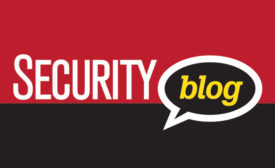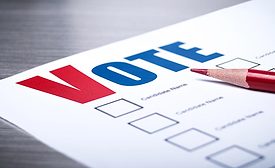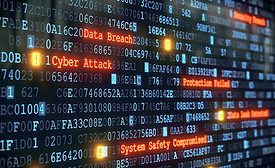Home » cyber attack
Articles Tagged with ''cyber attack''
The New Security Achilles Heel
Remote workers have emerged as the primary weak link in the network
December 13, 2019
Sign-up to receive top management & result-driven techniques in the industry.
Join over 20,000+ industry leaders who receive our premium content.
SIGN UP TODAY!Copyright ©2024. All Rights Reserved BNP Media.
Design, CMS, Hosting & Web Development :: ePublishing










